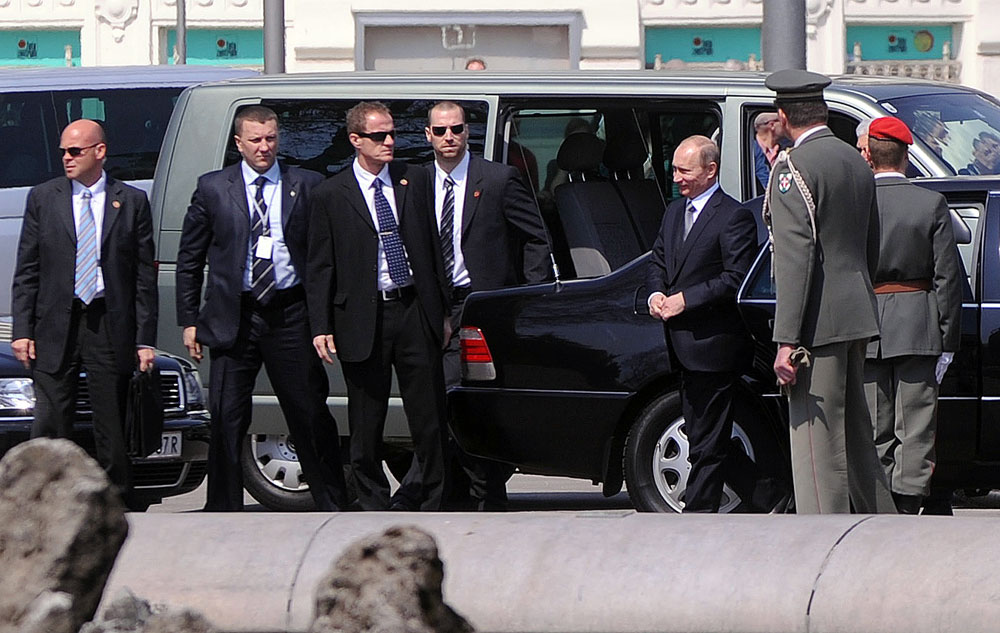The spying game: The former KGB officers who run Russia today
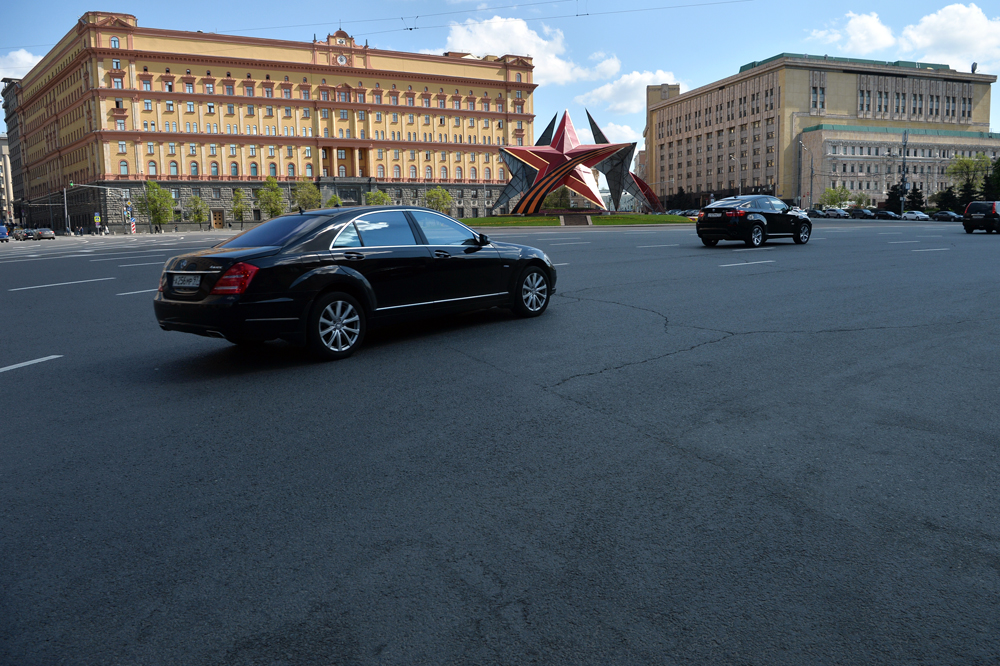
The building of the Federal Security Service (FSB), formerly the State Security Committee (KGB) on Moscow's Lubyanskaya Square.
Eugene Odinokov/RIA NovostiSecret Agents, sinister prison basements, widespread wiretapping and mass denouncements: There were always many rumors circulating about the KGB. And Russia's most famous Chekist (from Cheka, the Emergency Committee, the first Soviet state security organization), President Vladimir Putin, and his work as a spy in Dresden continue to keep many people from sleeping at night. "What did Putin actually do in the late the 1980s in East Germany? " But surveillance was not the only secret unit in the KGB - the newspapers did not write about many of the sectors.
Cover stories
"I served in the S administration, 'illegal' surveillance. We had false passports and biographies. There were many of us," says retired KGB Major General Valery Malevany.
The structure of this command was never divulged. A Soviet agent could have been an engineer, a librarian or a broker. It was easier with the 'illegals' since they had official diplomatic positions. For example, the first secretary of an embassy was always someone from the KGB.
"In 1981 I was director of a department within the administration of strategic oil bases in Angola, a sort of civilian on contract. At the same time we prepared staff for the color revolutions," explains Malevany.
The KGB was no different from any other special services organ in the world, Malevany asserts. He had held an operative position in the organization. The KGB was not an armed unit within the Communist party, a 'state within a state,' he says.
Controlled conversations
Inside this Chekist country people were no less cautious. The famous "ideological" 5th administration was the party's shadow. Its 12th department, which was responsible for wiretapping conversations and buildings, was the most influential of all.
"It was called a department but in terms of staff numbers it was way ahead of several administrations," notes Soviet security organ scholar and Memorial Society collaborator Nikita Petrov.
Controllers worked there, mostly women, with a salary of 300 rubles (slightly less than $300 at official Soviet exchange rates). It took one year for your personal profile to be reviewed before you were hired. Eight to 11 hours of tape was registered in one day on one "object," with seven controllers for one hour of tape.
But it was impossible to listen in on everyone - the department did not have the opportunity. In general, they concentrated on international communication. "Before the Moscow Olympics international calls could not be placed directly. A telephone call had to be ordered; it was easier to control them," explains Petrov.
People from the streets could even serve in the KGB, but there were few of them. "Most KGB recruits did not join the organization on their own initiative, they were people on whom a compromising dossier existed, so they basically had to collaborate," Petrov says.
Personal dossiers
It's a myth that the KGB tortured people in its 'basements.' There were no 'basements.' There was the internal prison in the famous pre-revolutionary building on Lubyanskaya Square, on the seventh floor. 'Enemies' of the regime were exiled at least 101 km (62 miles) outside major cities (along with repeat offenders and prostitutes) and sentenced in accordance with two articles. Petrov says that every year 30-60 people were imprisoned in accordance with article 70, "For anti-Soviet agitation," and about 100 people were imprisoned in accordance with article 190, "For offending the government."
However, starting from the end of the 1960s the Soviet administration elite also began fearing the KGB. Yuri Andropov became head of the KGB and the committee was allocated three times more resources and opportunities than all the other government bodies. The KGB charter provided for the surveillance of Interior Ministry agencies, causing anger in the rival body.
A war broke out. Compromising dossiers were compiled on everyone. The KGB collected dossiers on the government and security officials, having discovered their ties with the criminal underworld. "When Brezhnev died, ten KGB colonels entered the Politburo cabinet and presented everyone with a dossier. Andropov became the General Secretary, the most important person in the Soviet Union," recalls Malevany.
But having received everything - from its own troops to the right to conduct surveillance - the all-powerful committee did not survive the August 1991 putsch. In this unsuccessful coup the Chekists played the role of "ears" for the revolutionaries. Some were detained and later amnestied. In the end, the newly established Federal Security Service (FSB) occupied the Lubyanka's spacious offices.
Where did the Chekists go? There was not enough room in the FSB for everyone. But there was room in the Russian establishment: Deputies, governors, prosecutors, deputy ministers and heads of state-owned corporations. Their Chekist past still unites many of them.
Chekists in power and in business
1. Vladimir Putin
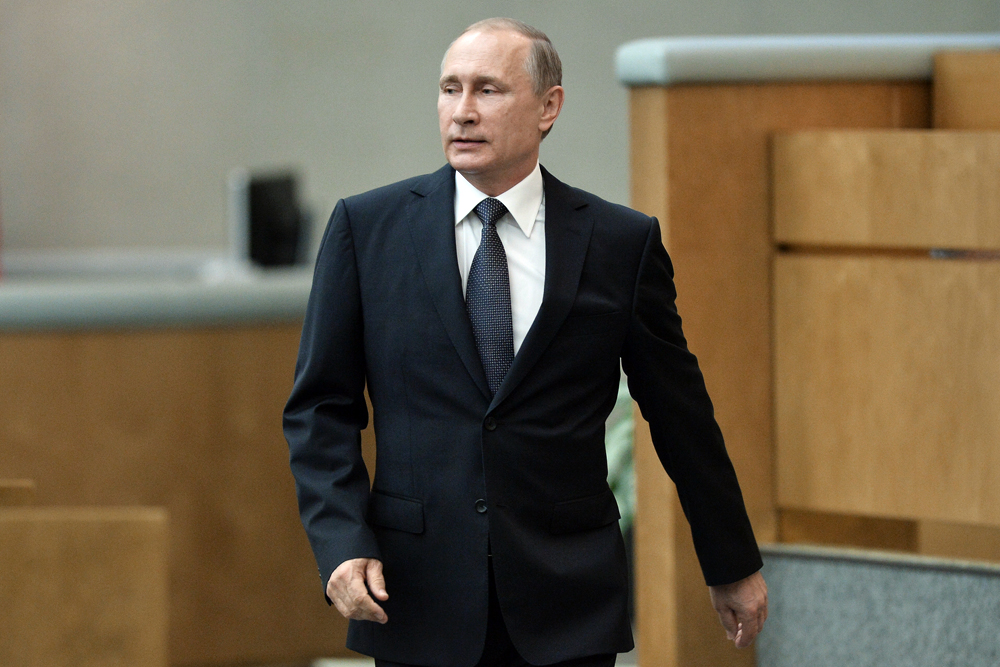 Source: Ramil Sitdikov/RIA Novosti
Source: Ramil Sitdikov/RIA NovostiIn the KGB: in the 1970s and 1980s he worked in the counterintelligence unit.
Afterwards: Director of FSB, Secretary of the Russian Security Council, currently the Russian President.
2. Sergei Chemezov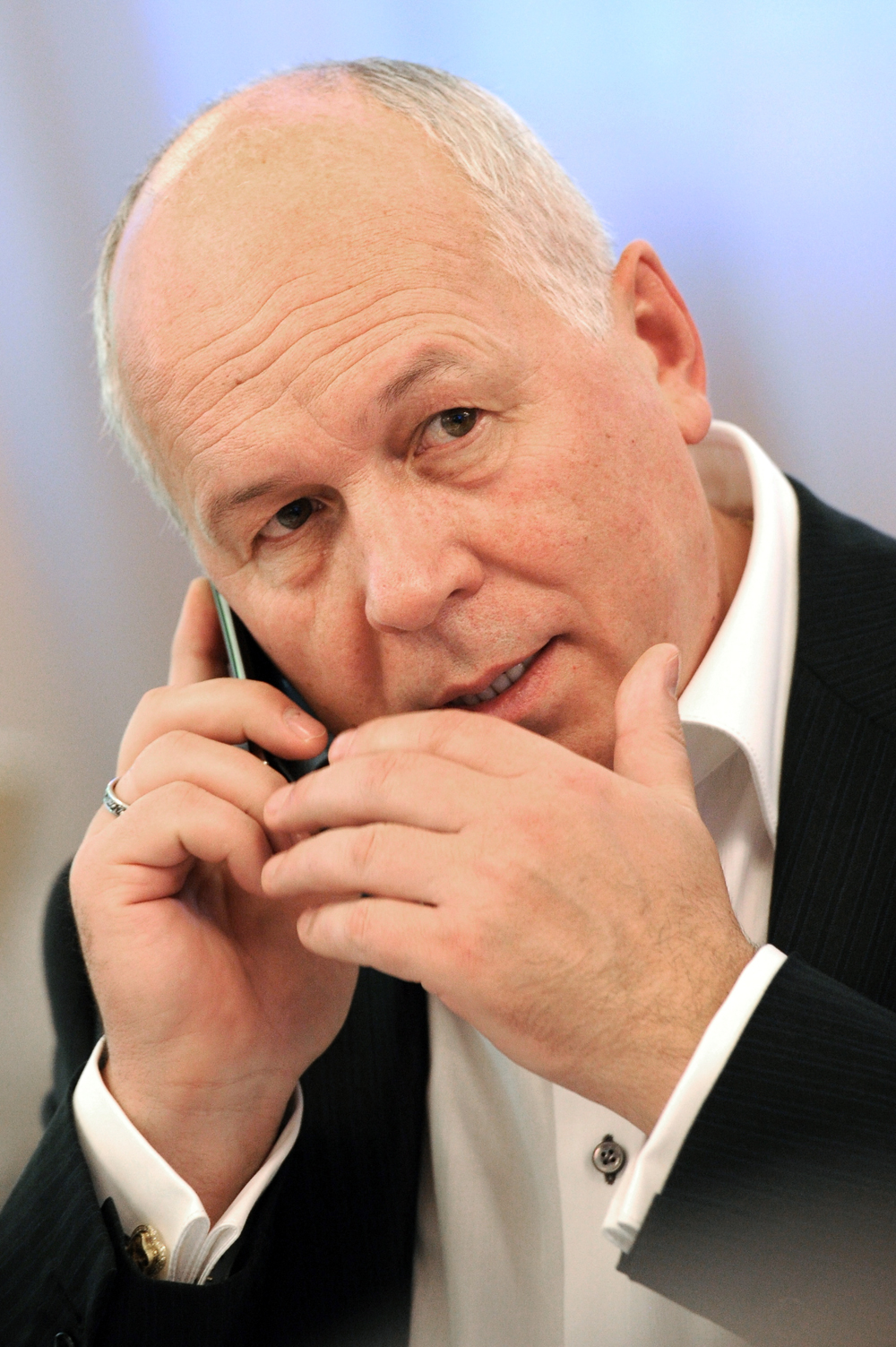 Source: Valery Sharifulin/TASS
Source: Valery Sharifulin/TASS
In the KGB: he served in the scientific-technical surveillance unit in GDR, where he communicated with Putin.
Afterwards: General Director of the state Rostech corporation and member of the highest council of the governing United Russia party.
3. Sergei Ivanov
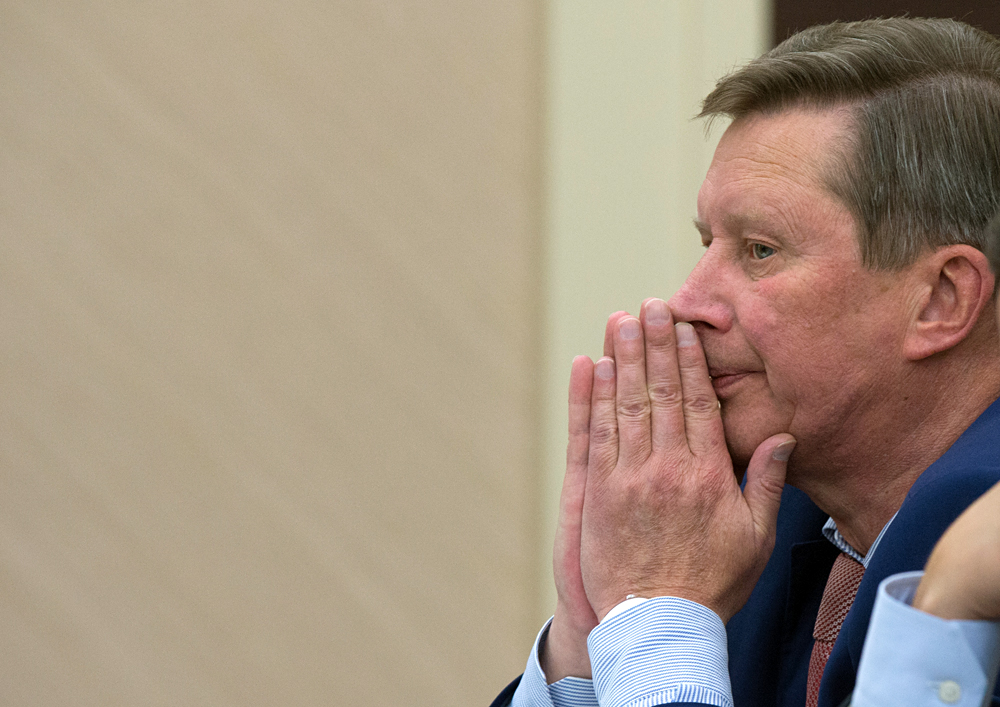 Source: Sergei Guneev/RIA Novosti
Source: Sergei Guneev/RIA NovostiIn the KGB: in the middle of the 1970s he worked in foreign reconnaissance.
Afterwards: Russian Defense Minister from 2001 to 2007; currently head of the Presidential Administration.4. Vladimir Yakunin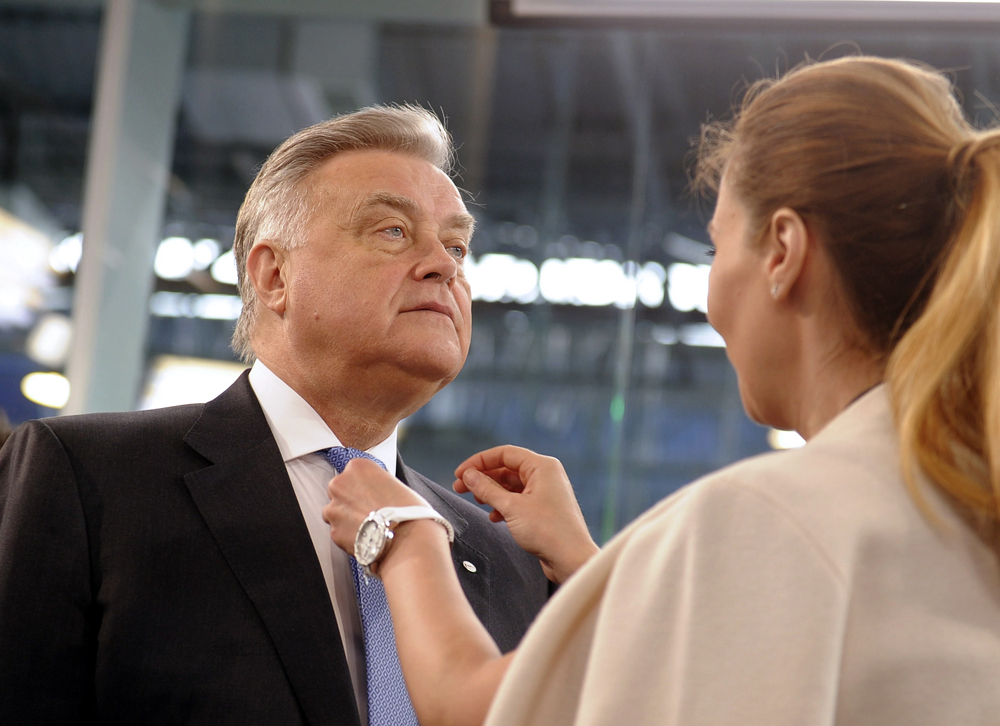 Source: Yevgeny Kurskov/TASS
Source: Yevgeny Kurskov/TASS
In the KGB: 22 years in reconnaissance
Afterwards: from 2005 to 2015 he headed the state Russian Railways monopoly; currently he is co-chairman of the Dialogue of Civilizations world forum.
5. Alexander Lebedev
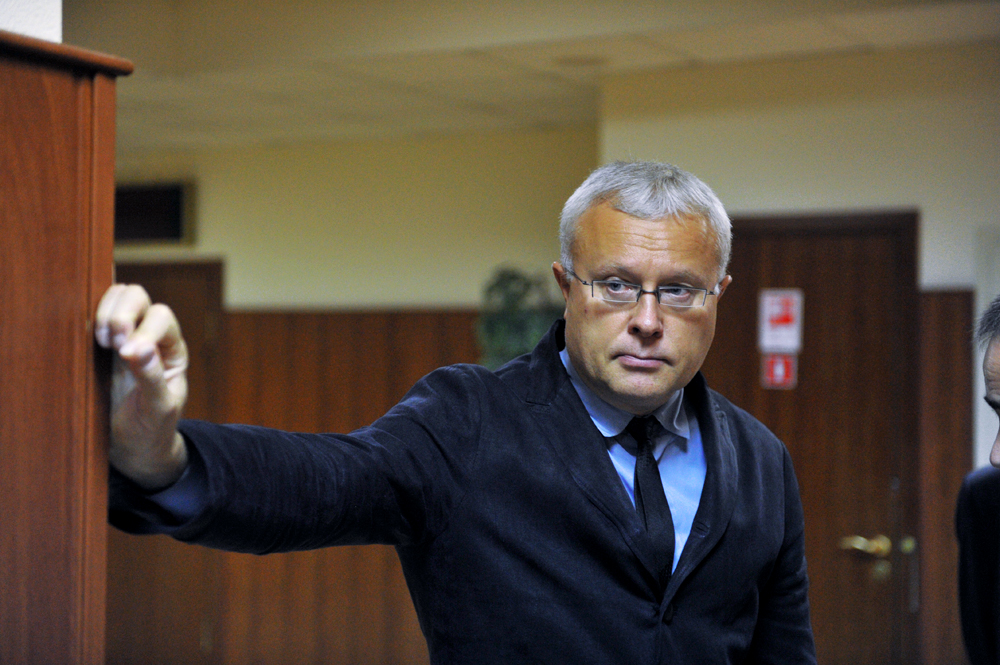 Source: Sergei Kuznetsov/RIA Novosti
Source: Sergei Kuznetsov/RIA NovostiIn the KGB: in foreign reconnaissance in the 1980s
Afterwards: head of the administration of the National Reserve Bank (with Gazprom as the largest shareholder); State Duma deputy; former head of the New Media Holding and the British The Independent newspaper.
6. Georgy Poltavchenko
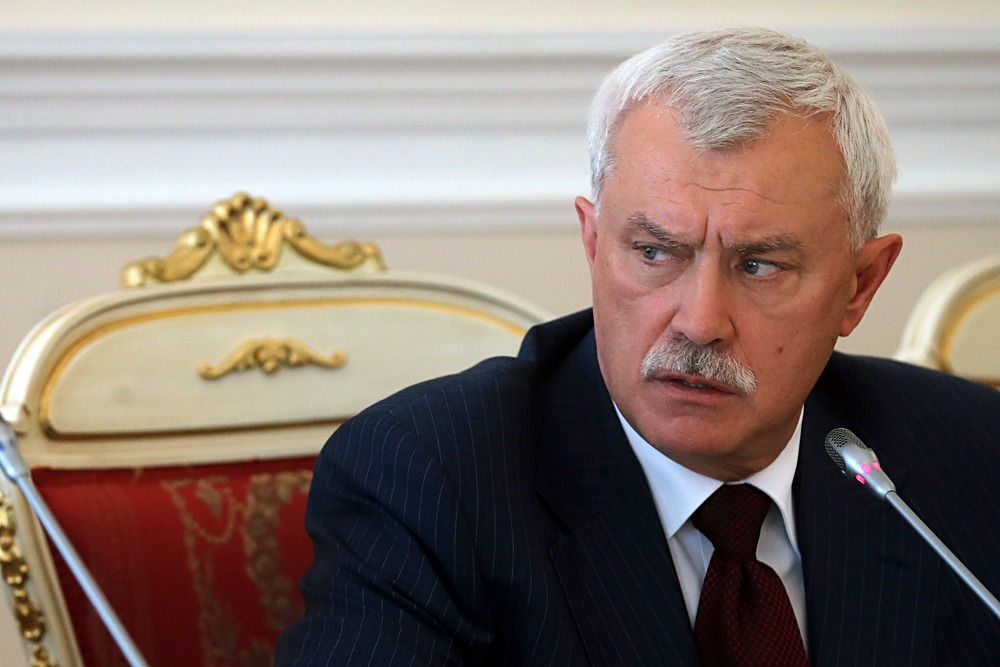 Source: Sergei Fadeichev/TASS
Source: Sergei Fadeichev/TASSIn the KGB: from 1979 to 1994 he was an officer at a transportation security division.
Afterwards: St. Petersburg governor
7. Rashid Nurgaliev
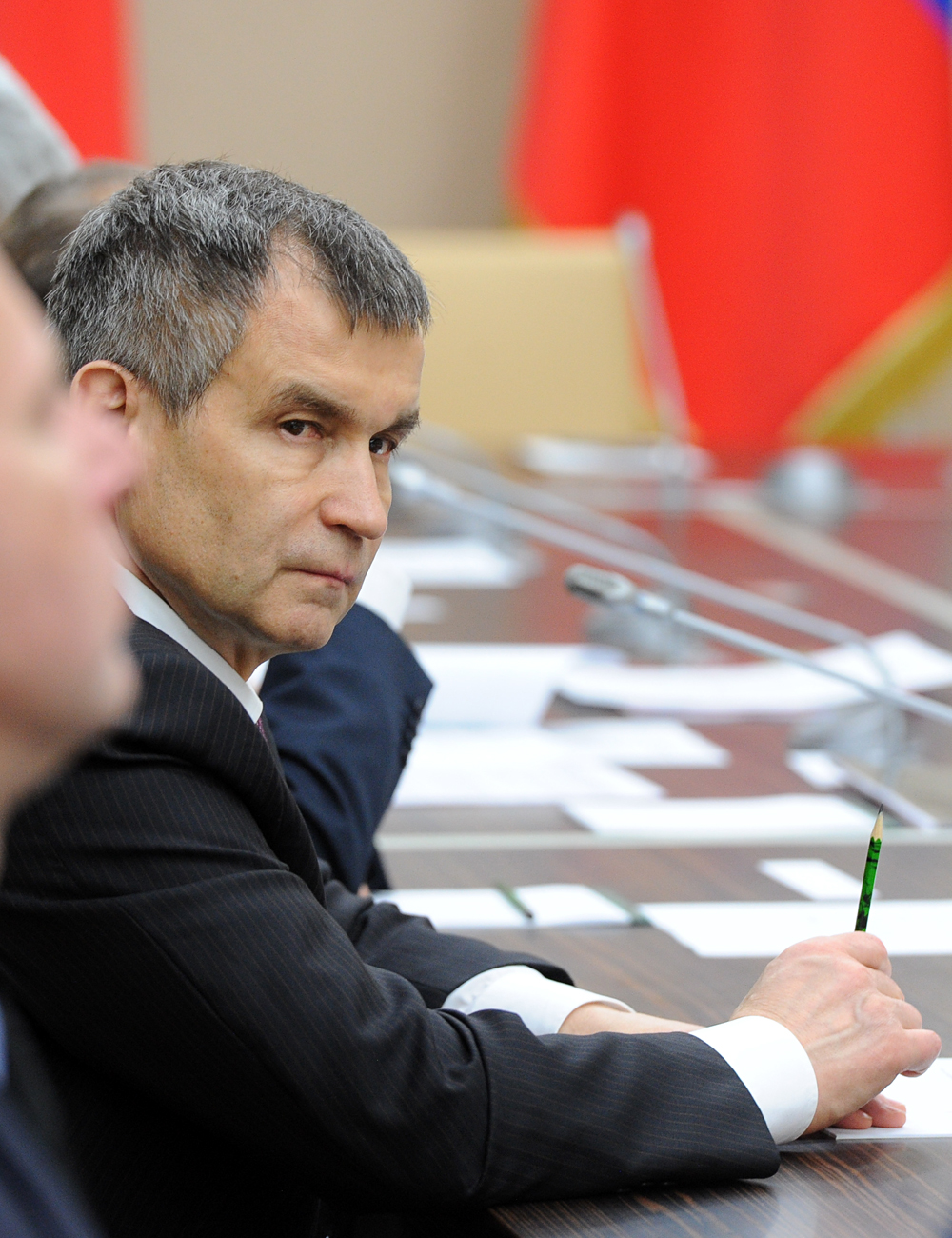 Source: Mikhail Klementyev/RIA Novosti
Source: Mikhail Klementyev/RIA NovostiIn the KGB: in the 1980s he was a security officer at the Karelian Autonomous Soviet Socialist Republic KGB.
Afterwards: head of the Interior Ministry from 2004 to 2012; currently he is deputy secretary of the Russian Security Council.
8. Konstantin Romodanovsky
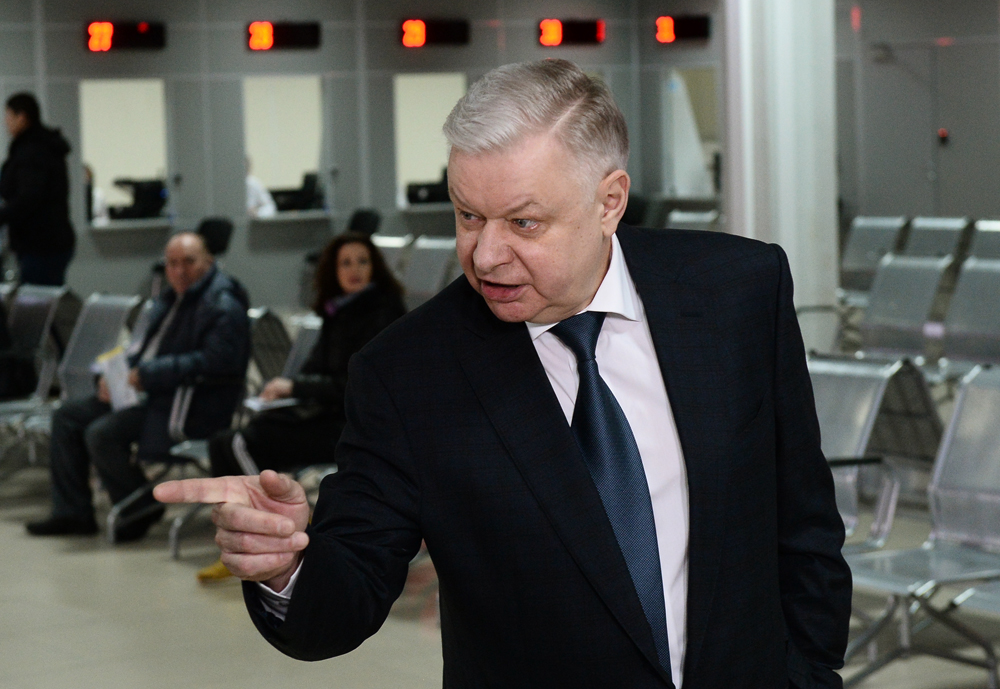 Source: Maxim Blinov/RIA Novosti
Source: Maxim Blinov/RIA NovostiIn the KGB: in the 1980s he was part of the 5th "ideological" KGB administration.
Afterwards: head of the Federal Migration Service, which was abolished in April 2016.
9. Pavel Astakhov
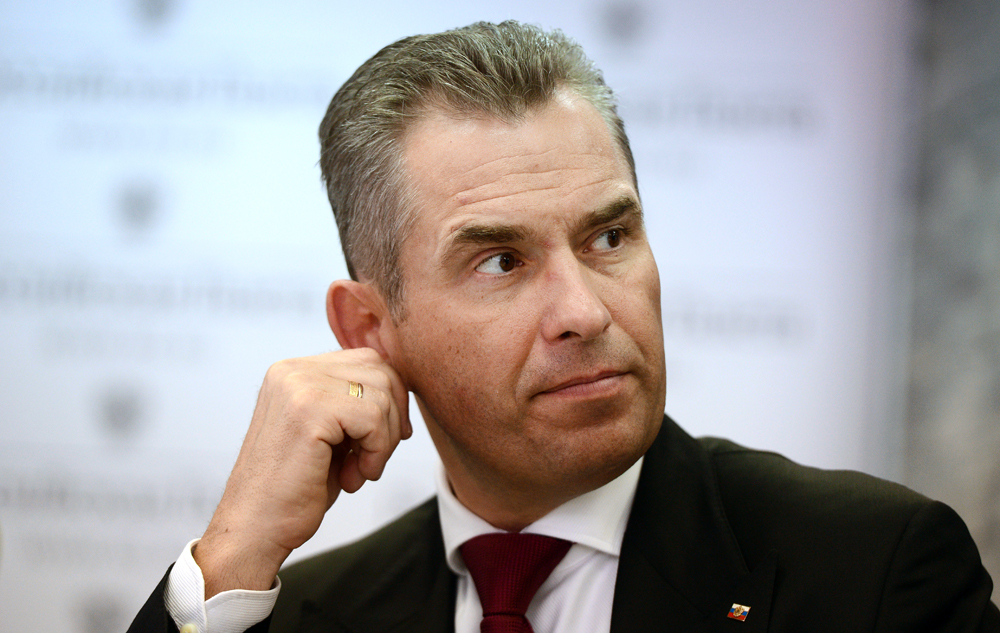 Source: Alexei Filippov/RIA Novosti
Source: Alexei Filippov/RIA NovostiIn the KGB: graduated from the highest KGB academy, but immediately after left the organs.
Afterwards: currently he is responsible for children's rights in Russia.
10. Victor Zolotov
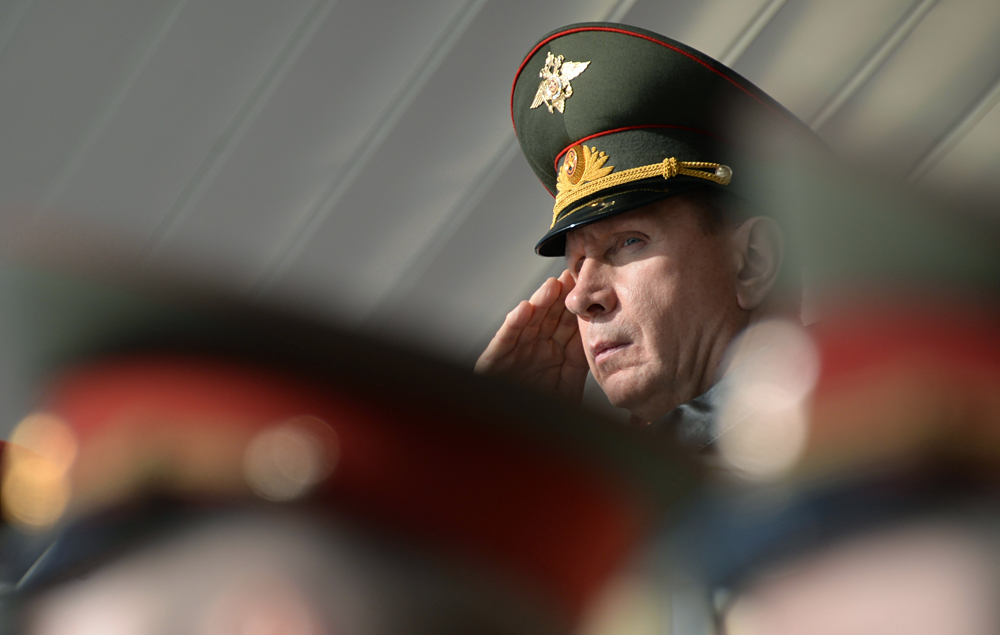 Source: Kirill Kallinikov/RIA Novosti
Source: Kirill Kallinikov/RIA NovostiIn the KGB: in the 1970s he served in the 9th administration (security for high-ranking officials).
Afterwards: commander of the Interior Ministry forces; director of the Presidential Security Service; currently he is Director of the Russian National Guard.
11. Igor Sechin
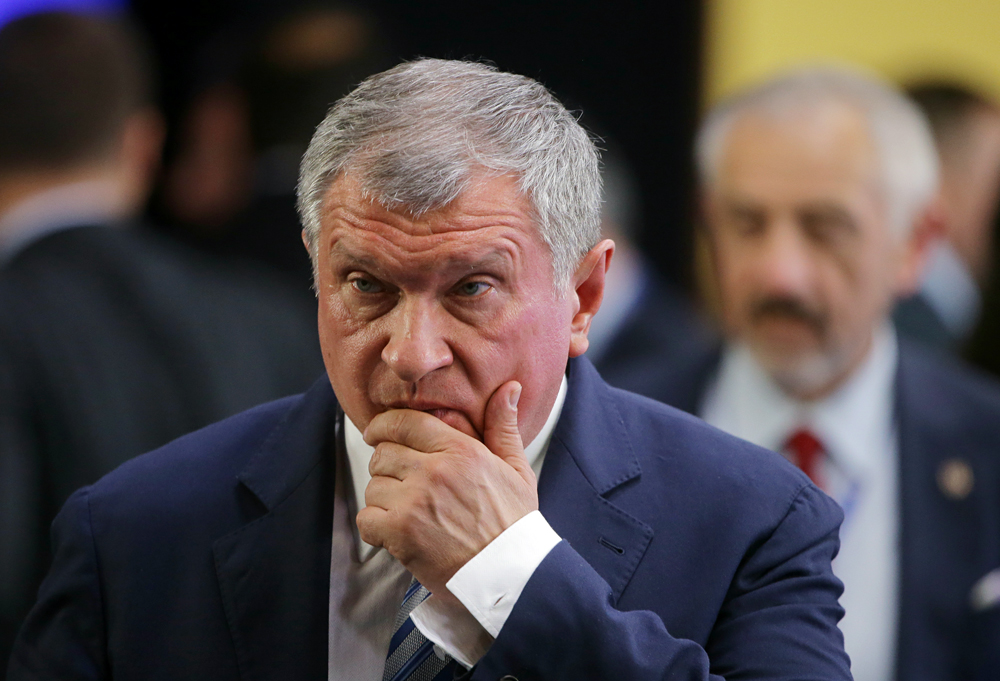 Source: Mikhail Metzel/TASS
Source: Mikhail Metzel/TASSIn the KGB: many mass media sources are convinced that Sechin served in foreign reconnaissance, although he denies working in the special services.
Afterwards: President of Rosneft
12. Nikolai Tokarev
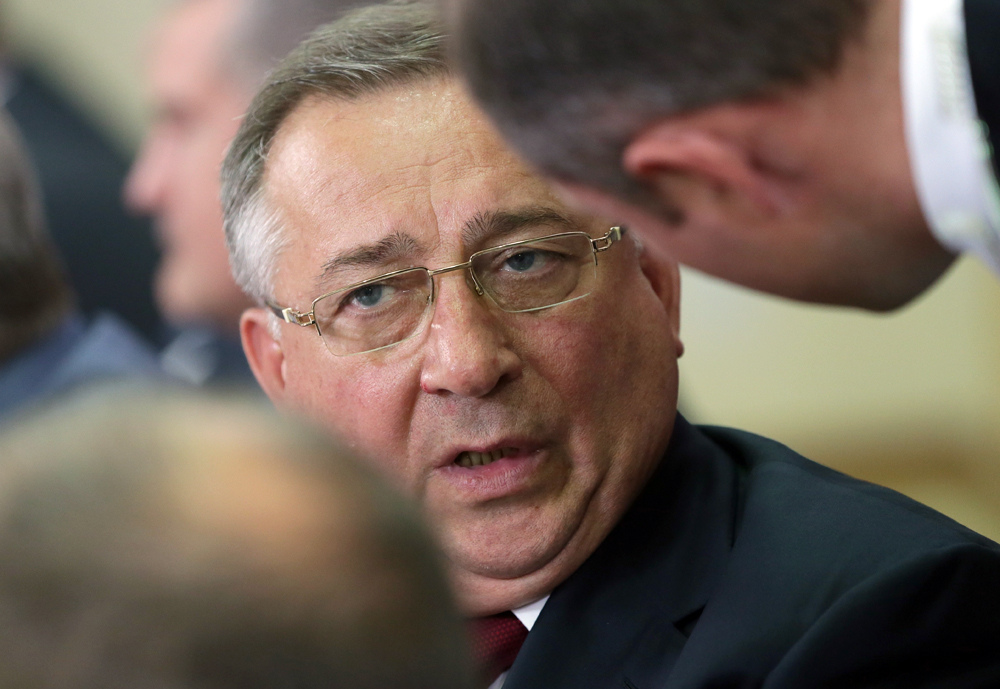 Source: Mikhail Metzel/TASS
Source: Mikhail Metzel/TASSIn the KGB: scientific-technical reconnaissance in GDR.
Afterwards: President of Transneft.
All rights reserved by Rossiyskaya Gazeta.
Subscribe
to our newsletter!
Get the week's best stories straight to your inbox
